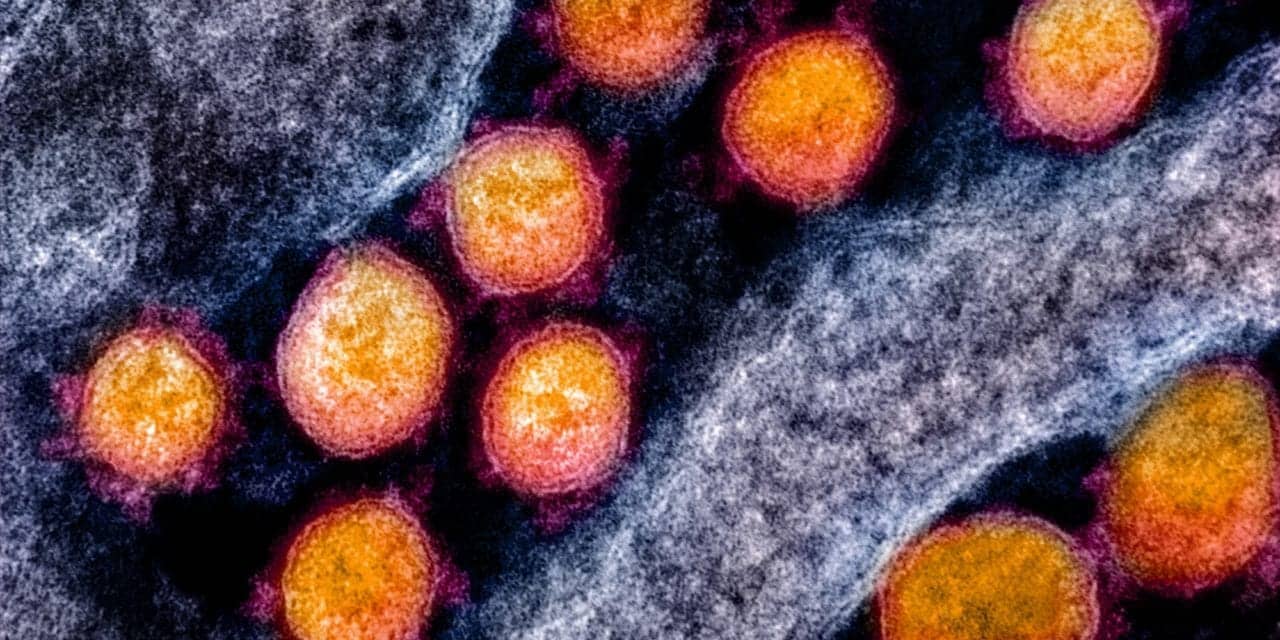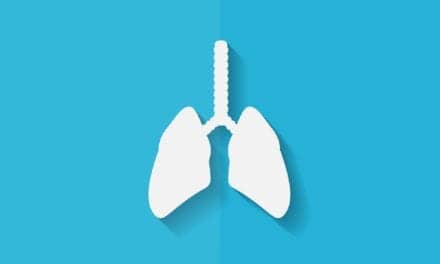The US FDA updated the Emergency Use Authorization (EUA) for the investigational COVID-19 antibody cocktail Regen-Cov (casirivimab and imdevimab), according to Regeneron Pharma. The authorization now includes post-exposure prophylaxis in people at high risk for progression to severe COVID-19, who are not fully vaccinated or are not expected to mount an adequate response to vaccination, and have been exposed to a SARS-CoV-2 infected individual, or who are at high risk of exposure to an infected individual because of infection occurring in the same institutional setting (such as in nursing homes or prisons).
In those who require repeat dosing for ongoing exposure, REGEN-COV can also now be administered monthly. This new indication in people aged 12 and older is in addition to the previously granted authorization to treat nonhospitalized patients. REGEN-COV is not a substitute for vaccination against COVID-19, and is not authorized for pre-exposure prophylaxis to prevent COVID-19.
Experts estimate that approximately 3% of the U.S. population may not respond fully to COVID-19 vaccination because of immunocompromising conditions or immunosuppressive medicines. This includes people receiving chemotherapy, people with hematologic cancers such as chronic lymphocytic leukemia, people receiving stem cells or hemodialysis, people who have received organ transplants, and/or people taking certain medications that might blunt immune response (e.g., mycophenolate, rituximab, azathioprine, anti-CD20 monoclonal antibodies, Bruton tyrosine kinase inhibitors). This authorization enables these groups to use REGEN-COV to prevent infection in post-exposure and certain institutional settings.
Under the EUA for post-exposure prophylaxis, REGEN-COV can be administered by subcutaneous injection or intravenous infusion. For people who aren’t expected to mount an adequate immune response to vaccination and who have an ongoing exposure to SARS-CoV-2 for more than four weeks, the initial 1,200 mg dose can be followed by subsequent repeat dosing of REGEN-COV 600 mg once every four weeks, for the duration of ongoing exposure.
“Today’s FDA authorization enables certain people at high risk of developing severe COVID-19 infection to access REGEN-COV if they have been exposed to the virus – the first time an antibody treatment has been authorized for this purpose,” said George D. Yancopoulos, M.D., Ph.D., President and Chief Scientific Officer of Regeneron. “With this authorization, the FDA specifically highlights the needs of immunocompromised people, including those taking immunosuppressive medicines, who may not mount an adequate response to vaccination, who are exposed to a person with COVID-19 or are in an institutional setting and are at high risk of exposure because of infection occurring in the same setting. Today’s FDA decision to expand the use of REGEN-COV in post-exposure settings is a very helpful step, and we continue to work with the FDA as it undertakes its review of REGEN-COV in a broader group of people including in a pre-exposure prophylactic setting for people who are immunocompromised, and in patients hospitalized due to COVID-19.”










